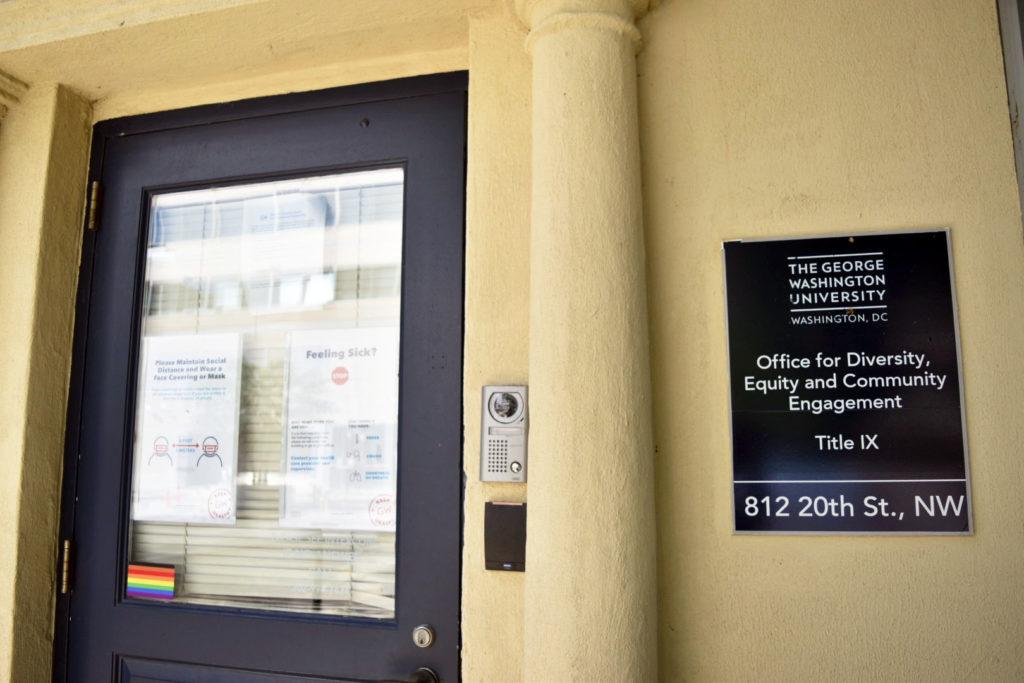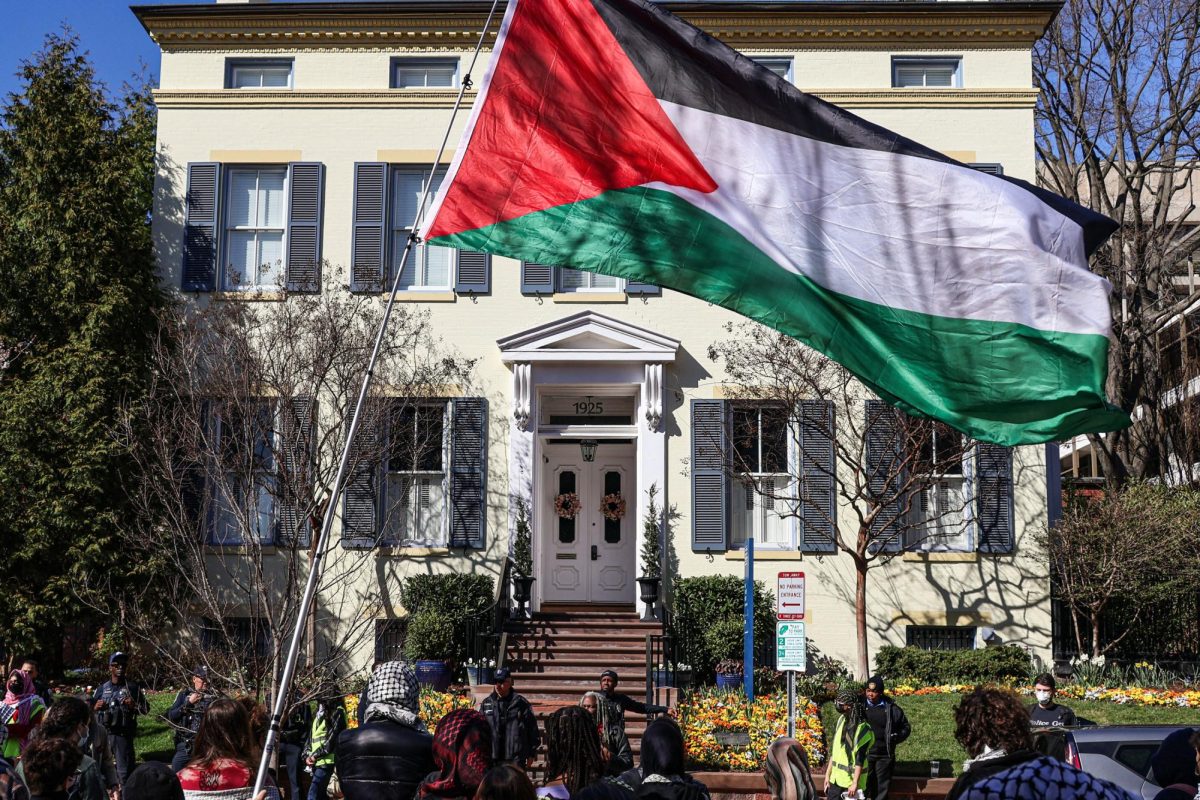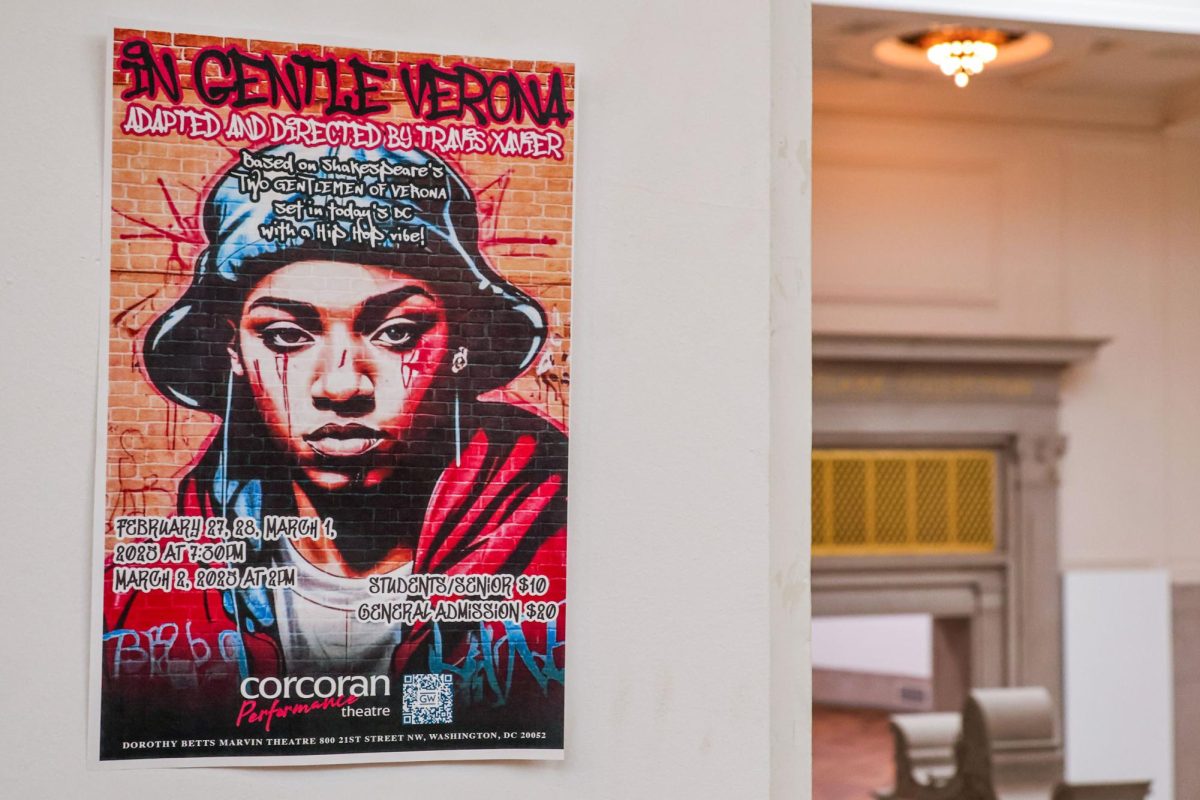More than 20 student organizations were found to have violated GW’s gender, race and religion nondiscrimination policy, according to an email officials sent to those organizations last month.
Director of Student Involvement and Leadership Anne Graham contacted the student organizations Sept. 15 asking them to submit an updated constitution to the Office of Student Life by Dec. 14, according to an email obtained by The Hatchet. Graham said the groups’ governing policies have “selective criteria” for members allowed in the organization that did not align with GW’s policy, which states organizations can’t discriminate against any person based on criteria, like race or religion.
The email states the only exclusions to the policy are tax-exempt social fraternities and sororities and contact sports. Alternative sorority and fraternity life organizations are not exempt and “cannot use sex, gender, gender identity or gender expression” to determine who is allowed in the organization, according to the email.
“The University does allow organizations to choose between open and selective criteria for membership – however, selective criteria for general membership into the organization must abide by University policy, including its nondiscrimination policies,” the email states.
Graham said officials contacted 23 student organizations like Girls Who Code College Loop, the League of United Latin American Citizens and the Albanian American Student Association.
She said the office contacted each organization individually during a regular audit of the groups’ governing documents to alert them of the violation and offer support as they adapt their policies. She said selective membership criteria allows groups to invite students with specific traits, like a dance group accepting students with dance skills, but prohibits them from choosing members on the basis of characteristics like race, gender and religion.
“Affinity and identity-centric spaces are important for celebrating, relationship building and support, especially for members of marginalized communities,” Graham said in an email. “We believe that this can be achieved through clear articulation of the student organization’s mission, values and goals while avoiding exclusion based on any protected characteristic.”
Four student leaders said they were “surprised” to have been told they would need to update their policies because they had not been alerted about the policy earlier. Two student organizations declined to comment and 17 did not return to requests for comment.
The office contacted all student organizations in 2018 to include language identifying actions like discriminatory behavior and harassment as a cause to remove members in their governing documents.
Senior Emmoni Morrisey, the president of the dance group Queens Movement, said it was “not OK” to be told after almost two years of operating as an organization focused on women’s empowerment that they would need to readjust the group’s bylaws. She said the group has started to figure out how to change their programming, but leaders will have difficulty working on an updated constitution while members are studying remotely.
“Queens Movement is focused on women’s empowerment – how can we be more open and inclusive within our organization if our organization is meant to support women?” Morrisey said in an email.
Senior Zoe Ades, the president of the Epsilon Sigma Alpha service sorority, said Graham’s email asking them to open recruitment to males was unexpected because they previously have “expressly” welcomed nonbinary and gender-nonconforming individuals in their constitution in addition to students who identify as female.
She said members of the group believe it’s “crucial” for there to be spaces where women, nonbinary and gender-nonconforming students feel comfortable and “prioritized” on campus. She said the group was “bothered” they were not excluded from the policy, as was the Panhellenic Association, because they consider themselves a sorority.
“We are concerned that these changes could undermine safe spaces for women, nonbinary and gender-nonconforming people on campus,” Ades said in an email.
She said the group updated its constitution after the email in September to adhere to GW policy but doesn’t anticipate changing events and activities planned before the email was sent. She said the chapter kept their same constitution but removed a part that said students “who identify as women as well as nonbinary and gender-nonconforming” can join.
“Despite these concerns, we remain committed to remaining a safe and empowering place for all of our sisters, regardless of their gender identity, and are confident that these new measures will not infringe upon our ability to do so,” Ades said.
Senior Manush Mobarhan, the president of Delta Phi Epsilon professional foreign service sorority, said DPE has existed on campus since 2006 and served a “crucial” role empowering female voices in international affairs, which she said is “incredibly male-dominated.” She said while she understands the logic behind the concerns, the updates seemed like an “overly literal application” of Title IX.
“Title IX tried to protect students from discrimination, and sometimes the best way to do that is to create a space specifically for minority voices,” Mobarhan said in an email. “Orgs like DPE sorority, Women in Finance, GW Women of Color, Women in Computer Science and so much more are necessary for equal opportunity.”
Mobarhan added that the email came as a “shock,” and she has reached out to the student life office for assistance with transitioning programming and spring recruitment to be gender-inclusive.
“We were also given until the end of December 2020 to make this change, which is an incredibly fast turn around for an org that has existed for over 14 years,” Mobarhan said. “I hope they will be flexible in this timeline.”








